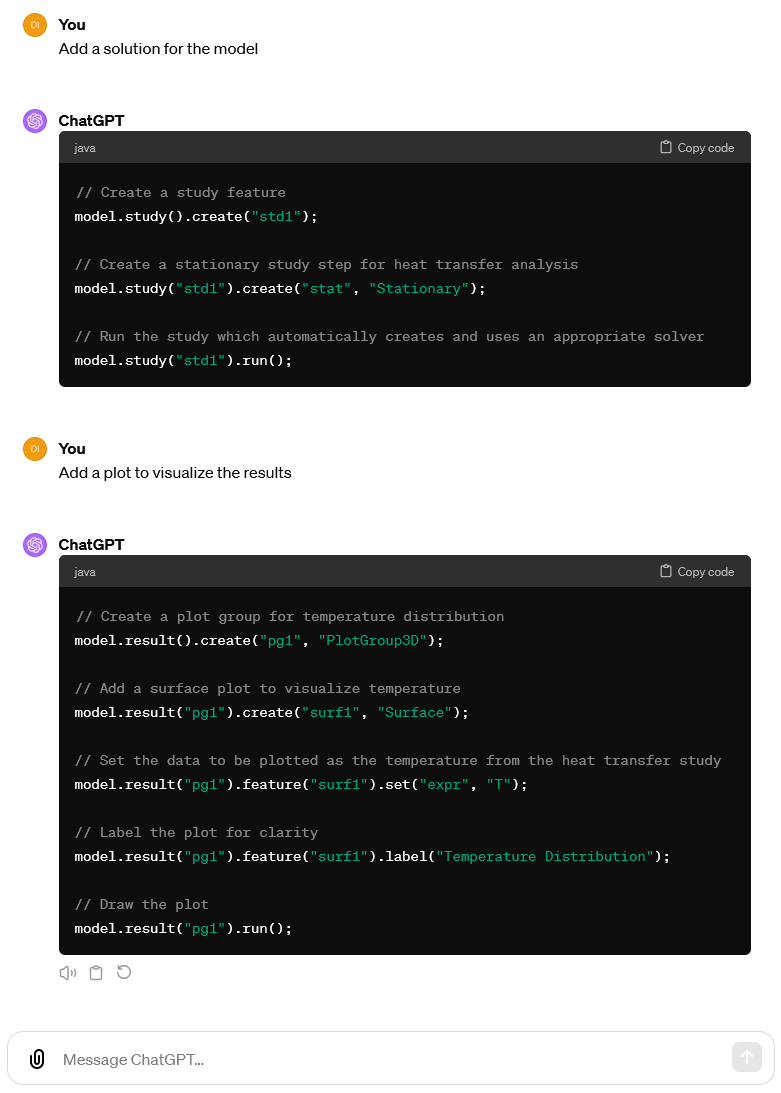ChatGPT shown to save time in responding to patient inquiries
The groundbreaking ChatGPT chatbot has shown promising results as a time-saving tool for addressing patient inquiries directed to a urologist's office. A recent study featured in the September issue of Urology Practice, an Official Journal of the American Urological Association (AUA), highlights the potential benefits of utilizing this artificial intelligence tool in medical settings.
Study Overview
Conducted by Michael Scott, MD, a urologist at Stanford University School of Medicine, the research examined ChatGPT's ability to generate responses to real-life patient questions. The AI tool provided "acceptable" answers to nearly 50% of the queries, showcasing its effectiveness in handling routine inquiries and potentially relieving physicians of time-consuming tasks.
Efficiency in Patient Communication
Modern electronic health record (EHR) systems allow patients to submit medical questions directly to their healthcare providers. However, this convenience comes with added time burdens for physicians, particularly in managing in-basket messages. Each message received can translate to over two minutes spent on EHR use, underscoring the need for efficient communication solutions.
Study Findings
Dr. Scott and his team analyzed 100 patient messages seeking medical advice at a men's health clinic. After categorizing the content and complexity of the inquiries, the messages were inputted into ChatGPT for responses. Experienced urologists evaluated the AI-generated answers based on accuracy, completeness, helpfulness, and intelligibility.
The results indicated that ChatGPT's responses were predominantly accurate and intelligible, with room for improvement in terms of completeness and helpfulness. Approximately 47% of the generated responses were deemed suitable for sending to patients, with higher acceptance rates for "easy" questions compared to "difficult" ones.

Future Implications
Despite the potential benefits, the study acknowledged certain limitations, such as ChatGPT's reliance on general internet information rather than validated medical sources. Safeguards for ensuring patient privacy and the need for further research to validate the use of large language models (LLMs) in healthcare settings were also highlighted.
Dr. Scott and the coauthors emphasized the importance of integrating generative AI technology into clinical care to enhance efficiency while upholding the quality of patient communication. Continued advancements in AI are expected to pave the way for innovative healthcare applications, potentially transforming patient-provider interactions.
For more information, you can access the original study by Scott et al. (2024) in Urology Practice here.




















